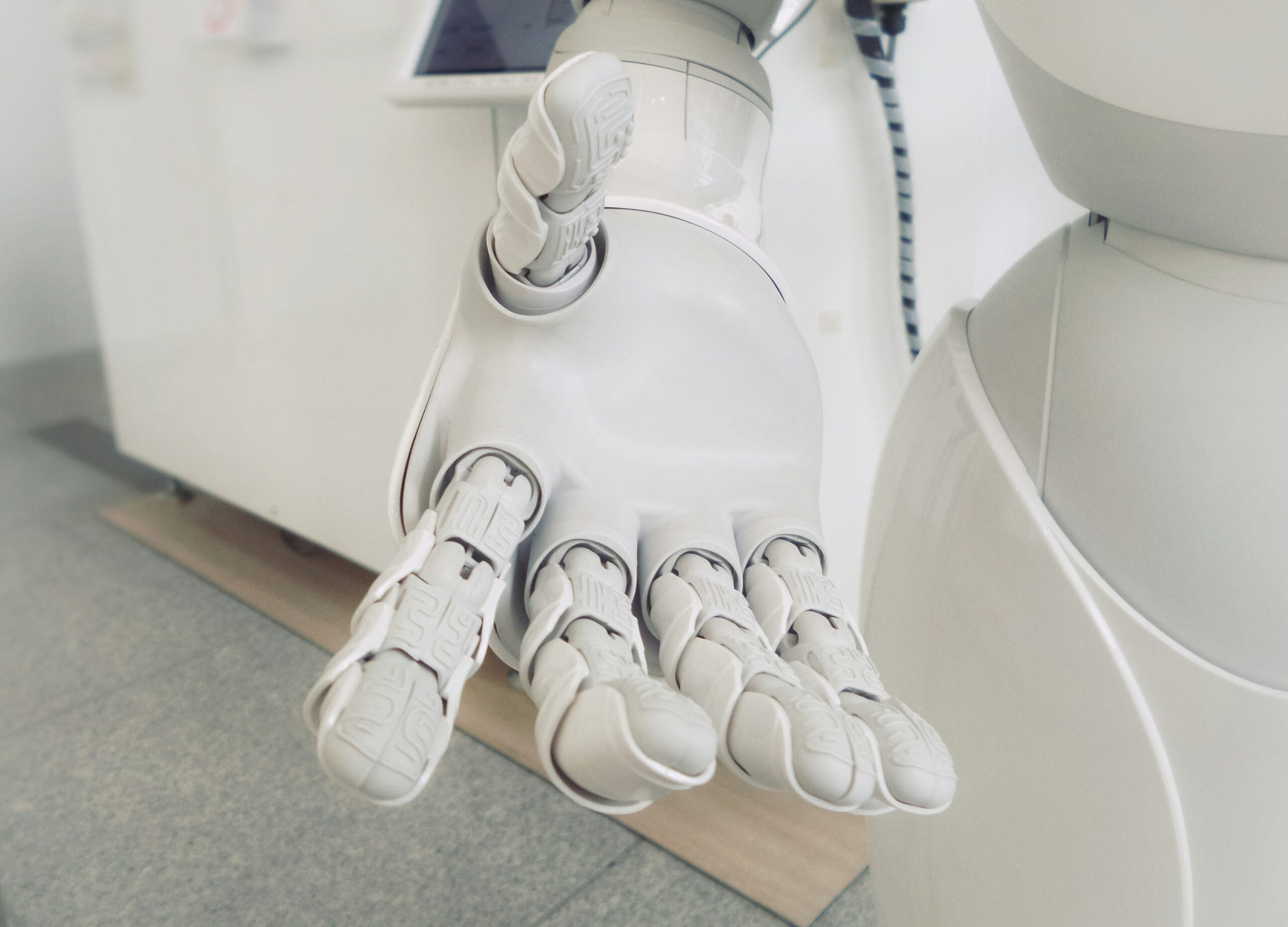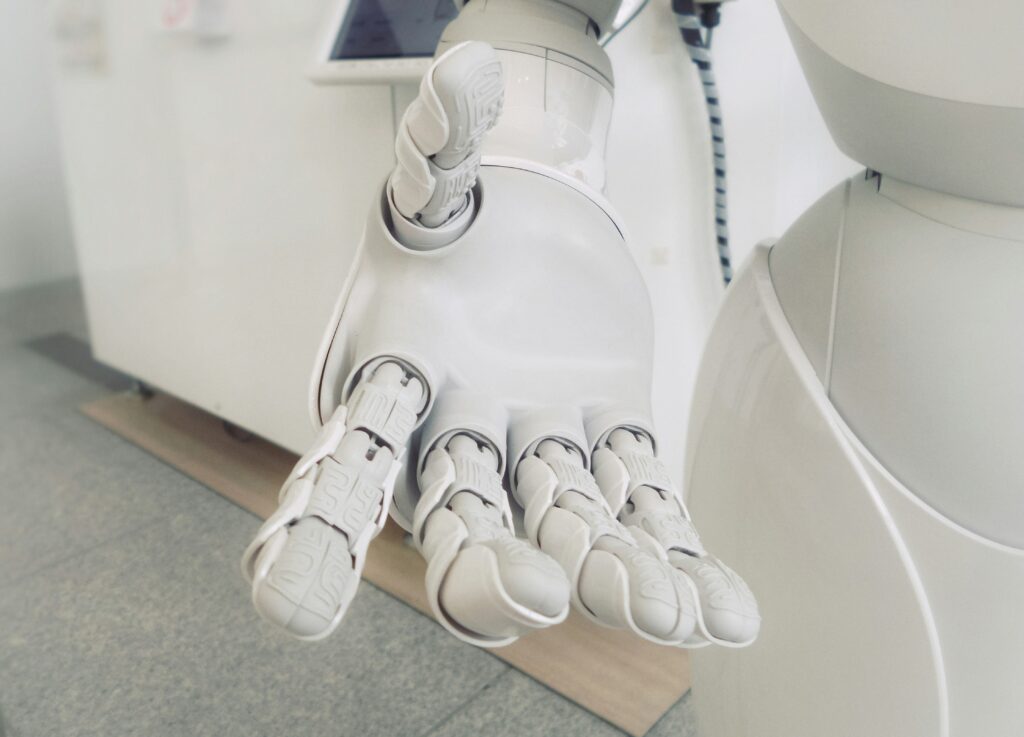The Future of Artificial Intelligence

Introduction
Artificial Intelligence (AI) is no longer a futuristic concept but an essential part of our daily lives. From virtual assistants like Siri and Alexa to advanced machine learning algorithms driving business automation, AI is transforming industries globally. In this article, we explore AI’s impact, benefits, and future potential.

What is artificial intelligence?
Artificial intelligence refers to the simulation of human intelligence in machines. These machines are programmed to think, learn, and make decisions with minimal human intervention. AI systems can perform tasks such as speech recognition, image processing, and problem-solving, making them invaluable in various sectors.
Key Components of AI
AI is a broad field comprising multiple technologies, including:
- Machine Learning (ML): Enables computers to learn from data and improve performance over time.
- Deep Learning: A subset of ML that mimics human neural networks for advanced data processing.
- Natural Language Processing (NLP): Allows machines to understand and interpret human language.
- Computer Vision: Helps machines analyze and interpret visual data.
- Robotics: Involves the design of AI-powered machines for automation and complex tasks.
Benefits of AI in Various Industries
1. Healthcare
AI-powered diagnostic tools improve disease detection, reduce medical errors, and enhance patient care. Technologies like IBM Watson assist doctors in analyzing vast amounts of medical data.
2. Finance
AI-driven algorithms detect fraudulent activities, automate trading, and provide personalized financial advice. Robo-advisors are increasingly being used in investment management.
3. E-commerce
AI enhances customer experience through personalized recommendations, chatbots, and dynamic pricing strategies. Platforms like Amazon and Shopify leverage AI for targeted marketing.
4. Education
AI-powered learning platforms offer personalized education, automated grading, and virtual tutors, making learning more accessible and efficient.
5. Transportation
Autonomous vehicles and AI-driven traffic management systems are revolutionizing the transportation industry, improving safety and reducing congestion.
Challenges and Ethical Concerns of AI
Despite its benefits, AI presents several challenges:
- Job Displacement: Automation may replace human jobs, leading to unemployment concerns.
- Bias in AI Models: AI systems can inherit biases from training data, leading to unfair outcomes.
- Privacy Issues: AI-driven data collection raises concerns about personal privacy and security.
- Ethical Dilemmas: AI’s decision-making in critical areas like healthcare and law enforcement raises moral concerns.
The Future of AI
The future of AI is promising, with advancements in:
- Quantum AI: Combining quantum computing with AI to solve complex problems faster.
- General AI: Developing machines with human-like cognitive abilities.
- AI in Space Exploration: Assisting in deep space missions and extraterrestrial research.
Conclusion
Artificial Intelligence is reshaping industries and redefining how we interact with technology. While challenges remain, the potential of AI to enhance productivity, innovation, and global development is undeniable. Businesses and individuals must adapt to AI’s rapid evolution to stay competitive in the digital age.



